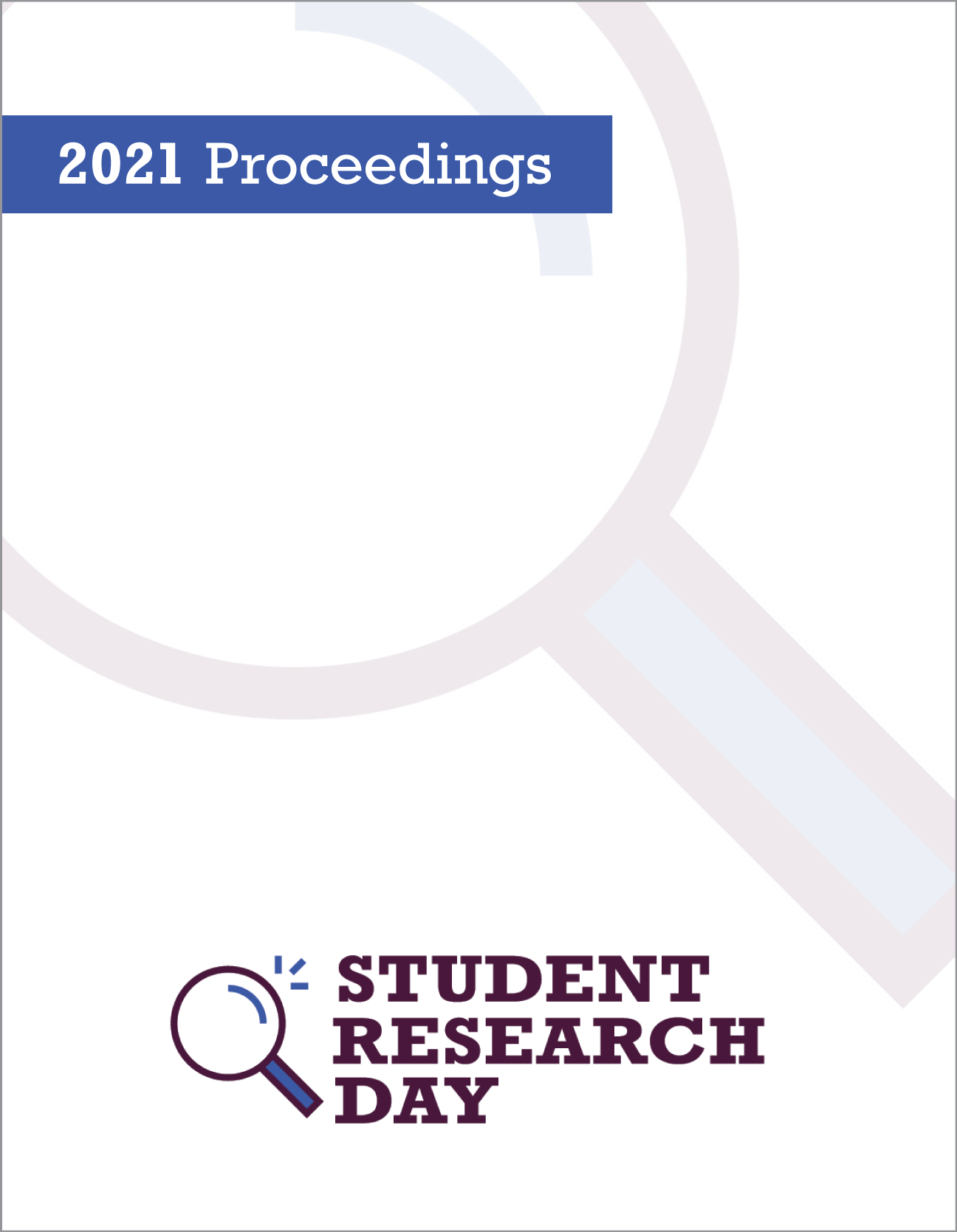The Role of Psychological Flexibility in the Eudaimonic Activity Model
Abstract
Psychological flexibility is made up of six processes that are characterized by flexibly embracing life events and acting in favour of personal values (Hayes et al., 2006). Self-determination theory proposes that meeting basic psychological needs for competence, autonomy, and relatedness culminates in well-being (Ryan et al., 2008). The Eudaimonic Activity Model (Martela & Sheldon, 2019) proposes that basic need satisfaction mediates the relationship between doing well (eudaimonic motives and activities) and feeling well (subjective well-being). In the present study, it is argued that psychological flexibility fits into the Eudaimonic Activity Model by providing a basis for measuring eudaimonic activity that predicts subjective well-being, mediated by need satisfaction. Participants (N = 281) from MacEwan University completed an online study assessing measures of psychological flexibility and inflexibility, need satisfaction, positive and negative affect, and life satisfaction. Mediational analyses revealed that basic need satisfaction was determined to mediate the relationship between psychological flexibility and subjective well-being (as measured by life satisfaction and positive and negative experiences), and separately, the relationship between psychological inflexibility and subjective well-being. These findings provide insight into the underlying mechanisms behind the positive impacts of psychological flexibility.
Department: Psychology
Faculty Mentor: Dr. Andrew Howell
References
Published
Issue
Section
License
Authors retain any and all existing copyright to works contributed to these proceedings.



